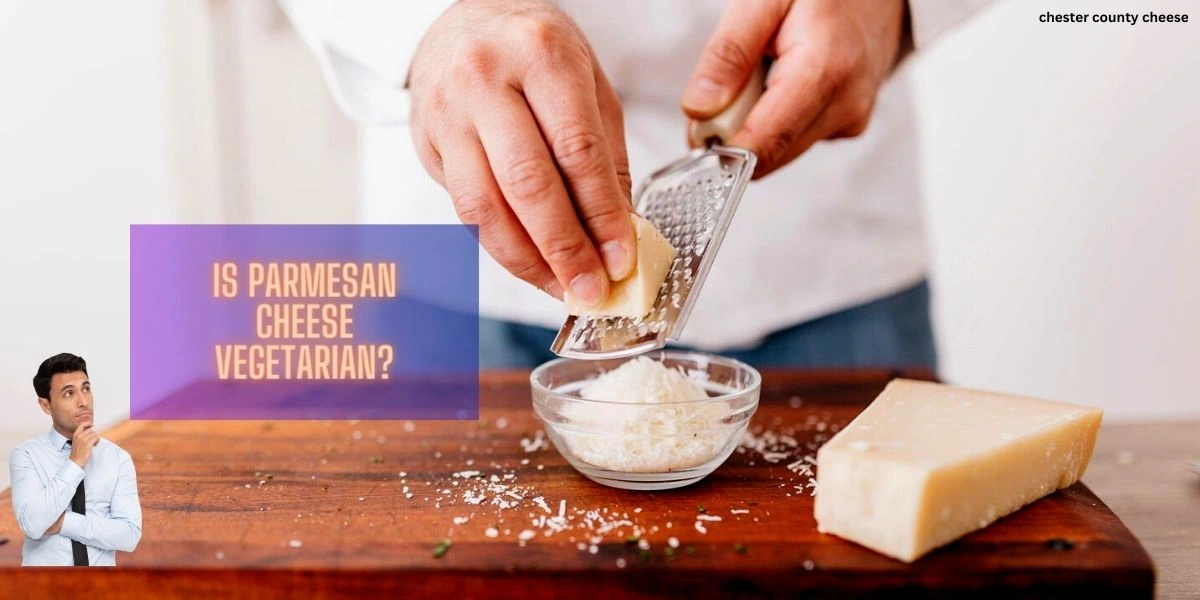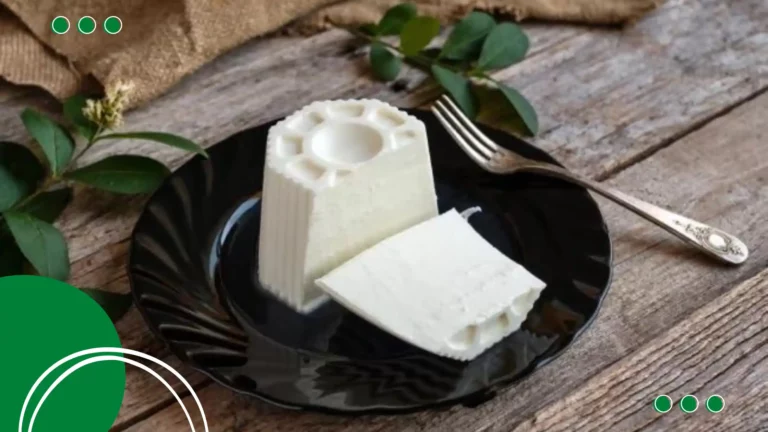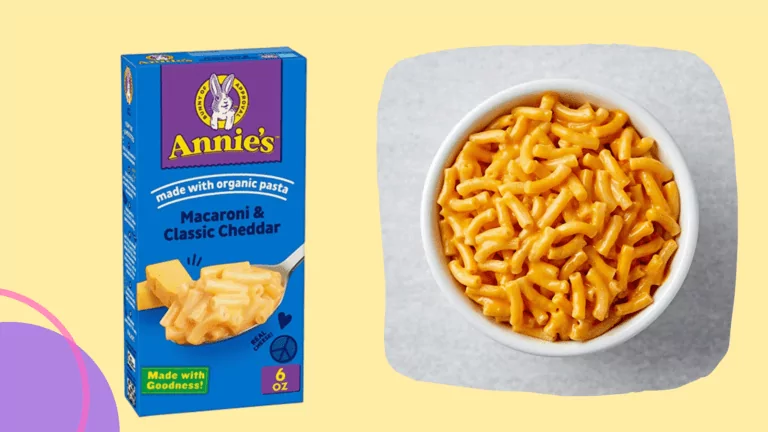Is Parmesan Cheese Vegetarian? Viral TikTok Debate: The Answer Revealed
TikTok influences the mass in a lot of ways and that includes the people who don’t care to use it too. In the most recent event, a Tik Tok debate questioning the vegetarian status of the Parmesan cheese variety is creating rounds and attracting millions of views. Woah, seriously?! A debate on cheese variety? Yes, it is and it shouldn’t be that surprising considering the unending array of lame viral trends. The Parmesan one is a decent one to be real.
For decades, many were in the perception that Parmesan was vegetarian. But since the spur, research set in, and some of these people found out that it isn’t. An ‘oh dear lord’ moment for many! But why? Cheeses are vegetarian after all. Well, not all of them are and Parmesan is on that list.
So how is Parmesan made? What non-vegetarian ingredient or process is under due for the cheese variety? Adding Rennet.
Contents
What Is Rennet And What Does It Do?

Rennet is a complex combination of enzymes produced in ruminant mammals’ stomachs. Chymosin, its primary component, is a protease enzyme that curdles milk casein. It is primarily located in the fourth stomach lining of young goats, calves, and lambs and only happens to these animals when still milk is their primary diet. In contrast to milking, this method of ingredient harvesting necessitates the death of the animals. This enzyme, which is present in the stomachs of young dairy-consuming animals, disappears once they switch to a diet of only grass. It is responsible for the digestion-related curdling of milk.
Rennet’s primary function is to separate the water from the solid milk components. This enables the formation of cheese curds. The enzymes only become active at temperatures between 85 and 105 F. Up until the milk reaches 140 degrees Fahrenheit, rennet will continue to aid in milk coagulation. This is significant in the production of cheese because, as a result of rennet’s function, various types of cheeses have varying degrees of firmness.
So it isn’t vegetarian for sure?
As perceived from the process, it is not. A calf has to be killed and the rennet is taken from its fourth stomach.
Rennet’s Connection With Parmesan
When making Parmesan, the separation process is initiated by adding rennet after heating unpasteurized cow’s milk. After that, not much more is really added as the cheese gradually does its thing. In fact, a cheese variety can only be considered Parmesan under the legal definition of the European Union if it is made in the Italian “Reggiano” region using only cow’s milk, salt, and calf rennet, demonstrating how essential that stomach acid is to the procedure.
What Will Vegetarians Do To Satisfy Their Cravings Now?
Go for alternatives in the simplest sense. In fact, there are rennet-free alternatives to Parmesan and other European cheeses. Microbial enzymes that mimic the effects of chymosin provide the coagulating and curdling magic that truly vegetarian cheeses require. A sort of “vegetable rennet” can also be produced by a variety of plants.
Certain regional artisan cheeses might be vegetarian. Although their cheeses for the US export market may contain animal rennet, Cornish Yarg, which is wrapped in nettles, typically uses vegetarian rennet. Lord of the Hundreds, an English ewes’ milk cheese, and Colston Basset Stilton from Nottinghamshire are typically produced using vegetarian rennet.
In the best-case scenario, vegetarians might have better luck choosing Portuguese or Spanish alternatives because some Iberian cheeses, like Azeito, are fine substitutes because they are traditionally made using plant rennet.
How To Tell If Your Cheese Is Vegetarian?
It’s not simple at all. The presence of enzymes on the label really won’t tell you anything. Any type of coagulant, including animal rennet, may be referred to as an enzyme. But when non-animal enzymes are listed on the label, it means the rennet is suitable for vegetarians.
On food labels, which distinctly state that the item is animal-free, you can find additional indicators that cheese is vegetarian. If there is no such disclosure, look for “microbial rennet” in the ingredients list.
Last but not least, finding the phrase “vegetable rennet” on a product’s label almost always indicates that the rennet was obtained from a plant. Melon, safflower, thistle, and fig leaves are typical plants used to make vegetable rennet. Since this rennet is less efficient than animal rennet, it is utilized in greater amounts.





![Toasted Cheese Sandwich: Must-Try Recipe! [2023]](https://chestercountycheese.org/wp-content/webp-express/webp-images/uploads/2022/10/Cheese-Toasted-Sandwich-768x432.jpg.webp)

